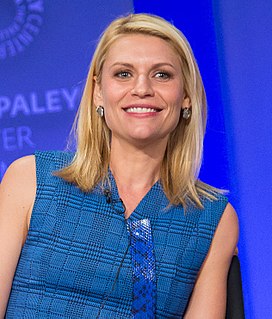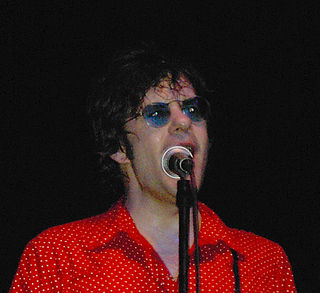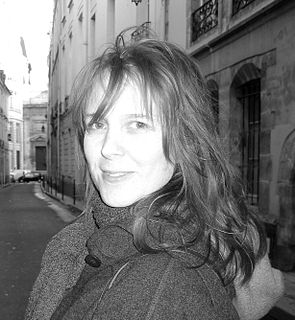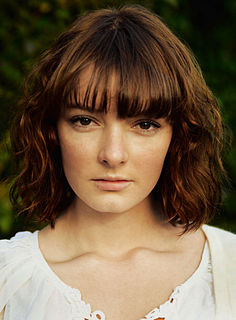A Quote by Edmund White
In the case of my book, I don't think it's really the coming-out gay novel that everyone really needed, even though it was received as such. The boy is too creepy, he betrays his teacher, the only adult man with whom he's enjoyed a sexual experience, etc.
Related Quotes
I like to remind teachers that even though they're all overwhelmed and overloaded, and it's easy to get burned out, it really is about the kids. It only takes one good teacher to change a life - one time, and one book. That's what happened when I was a kid. I had one good teacher that came in at the right time and turned me into a writer. So never lose sight - you could be that teacher.
When a librarian really believes that a book is harmful, that its content is contrary to the welfare of the community, or that it is destructive of good taste, even if those are his opinions only, he has not only the right, but also the obligation to do what he properly can to keep that book out of the hand of those whom he thinks might be injured by it.
What was fun for me with this book [Lincoln in the Bardo] was to start out with the principle that went, "We're going to fight every day to make this not a novel; make it too short to be a novel." And then with that principle in place, the book sort of starts to say, "Okay, but I really need this. I really need some historical nuggets." And you're like, "All right, but keep it under control."
The Poor Man whom everyone speaks of, the Poor Man whom everyone pities, one of the repulsive Poor from whom charitable souls keep their distance, he has still said nothing. Or, rather, he has spoken through the voice of Victor Hugo, Zola, Richepin. At least, they said so. And these shameful impostures fed their authors. Cruel irony, the Poor Man tormented with hunger feeds those who plead his case.
I think back on it now and even though Gwen and I were living through a tough time with the breakup, as creative partners, that took precedence in our lives. Even though we were going through this really emotional stuff, which obviously ended out coming out in the music, we managed to stay really close and be creative partners through all of that.
It's one of those things where the book has all these stars that burn really bright that you hang onto and they're all saying, 'This is The Girl on the Train experience.' All those stars or hooks needed to be in the film, but sometimes they needed to be a bit different. It's important when adapting such a popular book to hit all those points but also break out expectations without slaughtering the book. And that was, for me, the joy of adapting the book.
You have a teacher talking about his gayness. (The elementary school student) goes home then and says "Mom! What's gayness? We had a teacher talking about this today." The mother says "Well, that's when a man likes other men, and they don't like girls." The boy's eight. He's thinking, "Hmm. I don't like girls. I like boys. Maybe I'm gay." And you think, "Oh, that's, that's way out there. The kid isn't gonna think that." Are you kidding? That happens all the time. You don't think that this is intentional, the message that's being given to these kids? That's child abuse.
I didn't really like reading much before I did 'The Golden Compass'. But then my teacher told me to read it. And I thought, 'Oh God, I'm going to have to read a whole book by myself!' It's not that I couldn't read, it's just that I didn't really like books very much. But the book that she lent me I really enjoyed.







































